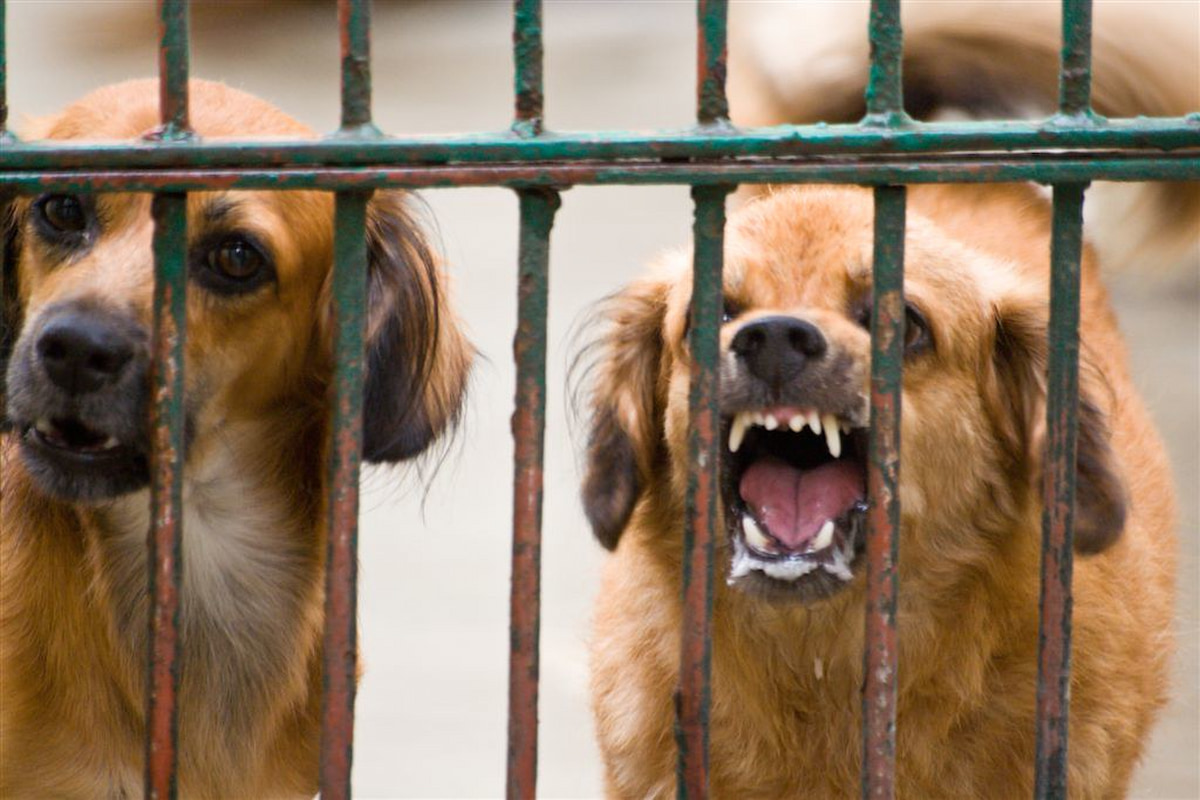
Public, travellers warned as rabies deaths registered in South Africa
This deadly threat isn’t confined to domestic pets; rabies has unfortunately become endemic in the Cape fur seal population.

South Africans and incoming travellers are facing a potentially deadly rabies crisis, with the Department of Agriculture issuing a warning about the viral disease currently affecting dogs, Cape fur seals and other mammals across the nation.
Rabies, which attacks the brain, has tragically resulted in human deaths in KwaZulu-Natal (KZN), the Eastern Cape and Limpopo so far in 2025.
The highly dangerous virus is transmitted through the saliva of infected animals via bites, scratches and even licks.
“The public is urged to keep away from stray animals and not to touch them. If a person suspects that an animal has rabies, he/she should report this to the local state veterinary office, local welfare authority, or the police,” said the department in statement on Tuesday.
Rabies not only confined to dogs
This deadly threat isn’t confined to domestic pets; rabies has unfortunately become endemic in the Cape fur seal population. Cases are being detected on beaches along the coastlines of the Northern Cape, Western Cape and Eastern Cape (up to Algoa Bay). CapeNature has urged the public to maintain a safe and respectful distance from all seals, including seal pups, especially as the busy summer season approaches.
Animals infected with rabies exhibit changes in behaviour and signs of brain disease. They may appear weak or comatose, drool excessively, become paralysed, or display aggressive behaviour.
Any mammal, including cats, livestock, mongooses and jackals, can become infected.
What to do if you suspect you have been infected
If you are bitten, scratched, or licked by an animal suspected of having rabies, immediate action is vital, as the disease is fatal once clinical signs appear. Authorities insist you must wash the wound immediately with soap and running water for at least 15 minutes.
Thereafter, you must seek medical treatment at the nearest clinic or hospital as soon as possible to prevent virus infection.
To keep your pets safe, remember that rabies vaccination is required by law for all dogs and cats throughout their lives.
